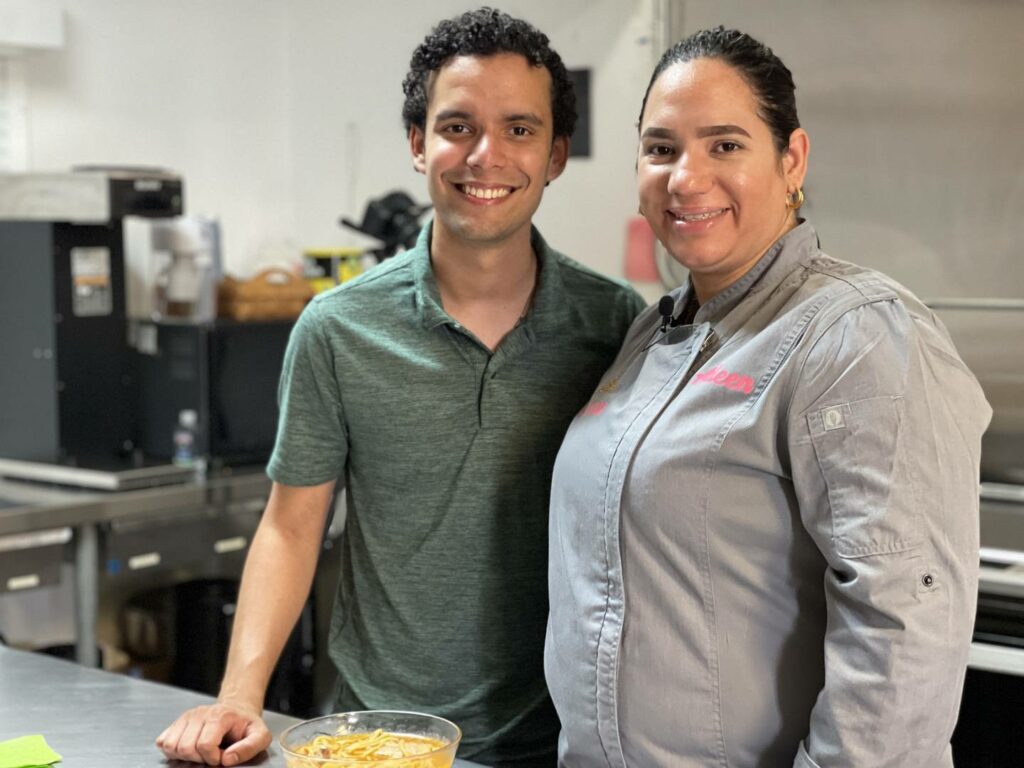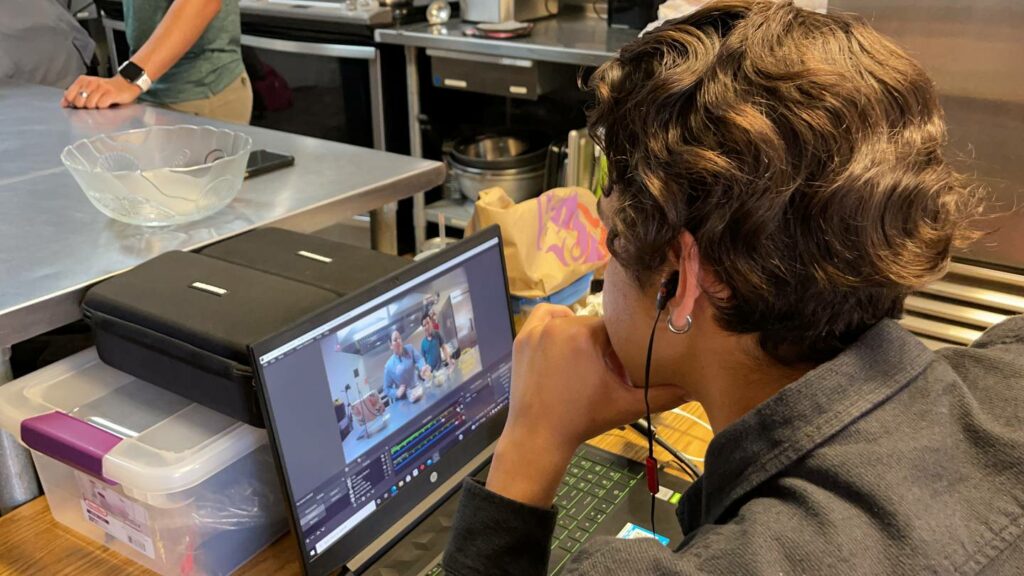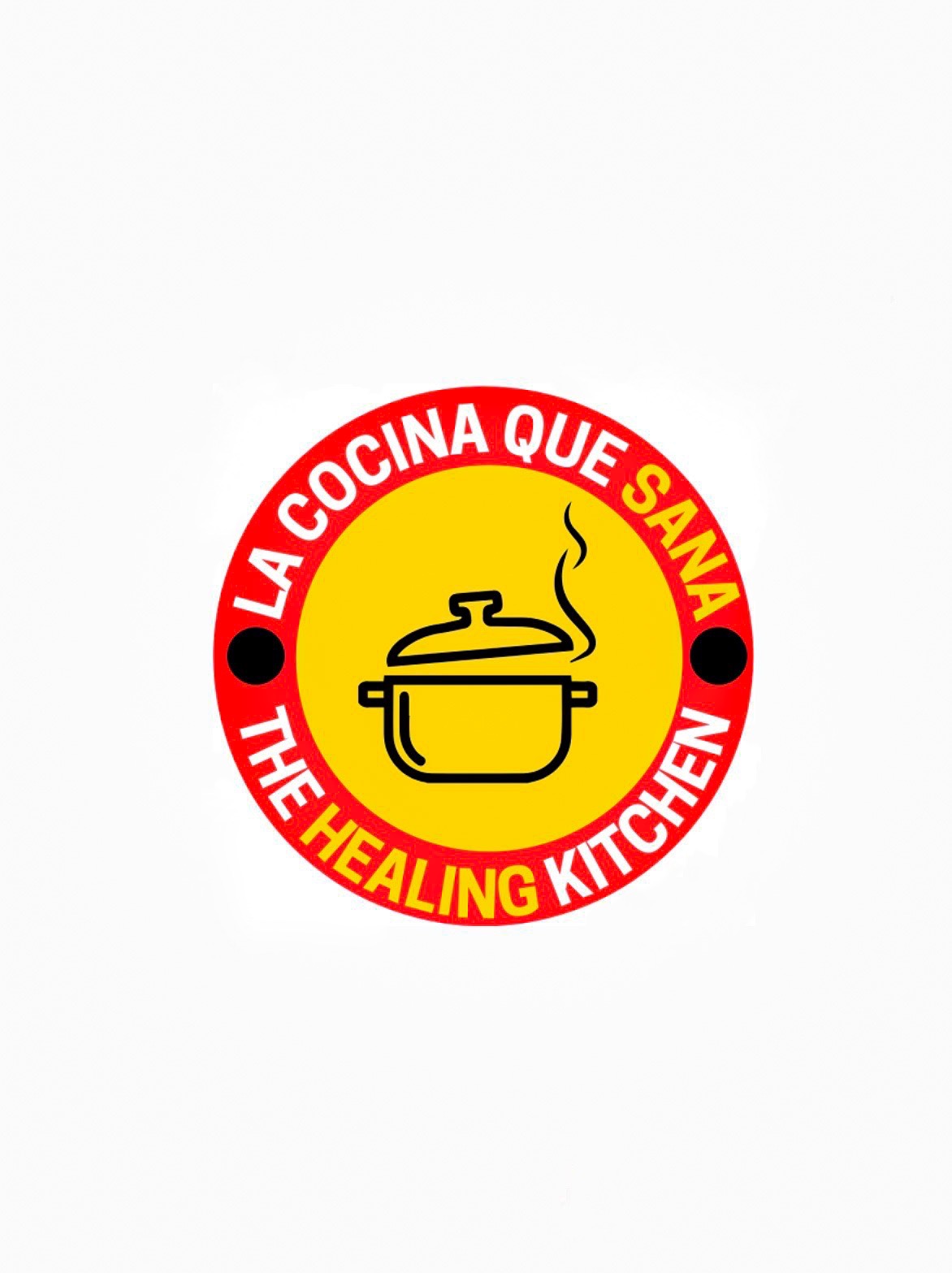By: Jennifer Marcial-Ocasio, Orlando Sentinel
Arleen Sevilla laments that some people see Hurricane Maria refugees as people who came to Florida to live only through food stamps and government assistance.
The Puerto Rican mother arrived in Florida with her husband, her mother-in-law and her two children and although they initially needed help to settle in the Sunshine State, she assures that both she and other Puerto Ricans with whom she has contact struggled daily to make a new life that depended only on their sacrifice.
Before moving to Florida she had a pastry shop on the island. Cooking was always her passion. That is why she believes that when she needed to look for food in food banks, she managed to “create recipes that reflected the flavors of our island, even if it was using products that we do not usually consume.”
According to many Latinos who have survived with help of the food banks, many of the donated brands are not always known among the Hispanic community. At other times, even if they have “the Goya bean can, they may not give you the condiments or seasonings. Then it’s time to get creative,“ she said.
One of the food banks she frequented was the Healing Hunger Food Pantry in the Jesus of Nazareth Episcopal Church. There she met other Puerto Ricans who were also looking not only for food, but for company, people who understood their situation.
She began as a volunteer and realized that “many Latinos, the immigrant community, the Puerto Ricans who arrived did not know what to do with the food they were given. They were thankful, because it was food, but they didn’t necessarily see it as tasty food,“ she said.
So little by little, thanks to organizations like Vamos4PR who worked hand-in-hand with the newly arrived Puerto Ricans and some federal funds that were granted to the church, several programs were established under the name “Purposeful Leadership.” A selected group has been able to earn a salary while learning new skills that will help them in their future lives, either on a personal or professional level.
Sevilla is part of this diverse group, and at the beginning of June they launched a new segment called “La cocina que sana / The Healing Kitchen.” The segment that is broadcast every Tuesday and Thursday on the Facebook pages of Healing Hunger Food Pantry, Jesus of Nazareth Episcopal Church and Purposeful Leadership.
As the names on these pages say, the goal is to be able to make them leaders with purpose while healing hunger and the soul, said Father José Rodríguez, who oversees the work.
“He does not want to take center stage, but thanks to him we achieve everything we are doing,” said Sevilla. “I have always been passionate about cooking, but because he and his team believed in me, I have been able to achieve this for everyone’s benefit.”

Sevilla is accompanied by Eric Lebrón, a native of Manatí, Puerto Rico, but who moved to Central Florida in 2015. At 21, Lebrón, a student at the University of Central Florida said he is looking for ways to grow professionally while he helps the community. During the segment of La Cocina que Sana, Sevilla explains the ingredients that will be used to make the dish of the day. Lebrón makes a simultaneous translation of the ingredients and the procedure.
“When we started, I wasn’t even on camera. I did the translation because we wanted people who speak English to be able to see it too,” he said. Little by little they have been defining the culinary segment that has a small, but dynamic working group.
Among these are Sevilla’s daughter, Jaryan Figueroa, who does her mother’s makeup for the recordings; Christopher Rivera who does the editing; and Pedro Laboy, who is the technician in charge of making sure the Facebook Live goes live on the different platforms and that the cameras are properly aligned for production. At 20, Laboy, also a María refugee, says that he has found his passion in production and has been able to perfect it in this work.

Since the program is part of a grant from the Episcopal Church, they also share biblical scriptures and briefly discuss them.
“I never imagined I was going to do that. Before they wrote me more or less what I was going to say, but now I read the word myself and discuss it based on my experiences and what we have learned in church,“ Sevilla said. Lebrón reads the English version of the scriptures.
This way Sevilla, who lost her business in Puerto Rico as a result of the natural disaster, can continue her mission and share her gifts in the kitchen.
“I’m happy to be able to put on my chef uniform again,” she said. “Before I was known as Cake Reina because I was dedicated to making desserts and cakes. Now I am the queen of my destiny and I know that God never abandons us and we also help others.”
